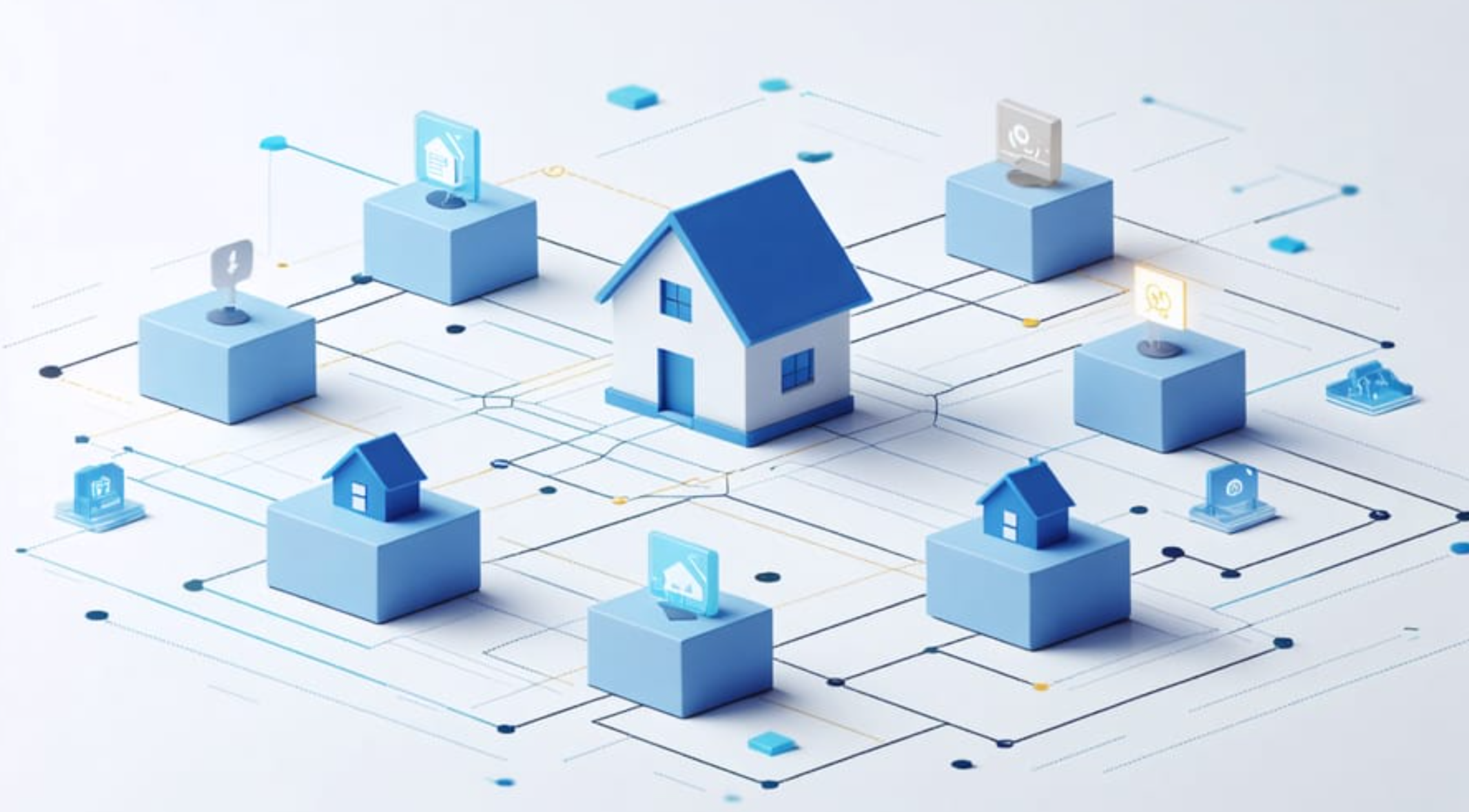The Role of Blockchain in Real Estate Transactions
https://buymeacoffee.com/kaysogy/the-role-blockchain-real-estate-transactions
 Blockchain technology, once synonymous with cryptocurrency, is now making waves in industries far beyond digital currencies, and real estate is one of its biggest frontiers. Real estate market trends show a growing shift toward digitalization, and blockchain is emerging as a game-changer in making property transactions more transparent, secure, and efficient. By leveraging blockchain, property buyers, sellers, and investors can experience a more streamlined process with reduced paperwork, faster settlements, and enhanced trust. Below are ways blockchain is reshaping real estate transactions.
Blockchain technology, once synonymous with cryptocurrency, is now making waves in industries far beyond digital currencies, and real estate is one of its biggest frontiers. Real estate market trends show a growing shift toward digitalization, and blockchain is emerging as a game-changer in making property transactions more transparent, secure, and efficient. By leveraging blockchain, property buyers, sellers, and investors can experience a more streamlined process with reduced paperwork, faster settlements, and enhanced trust. Below are ways blockchain is reshaping real estate transactions.
1. Enhancing Transaction Transparency: Blockchain’s decentralized ledger records every transaction in a secure, immutable format. This eliminates the possibility of hidden alterations and makes property ownership history easy to verify, increasing trust between parties.
2. Smart Contracts for Automated Agreements: Smart contracts in real estate execute automatically once pre-set conditions are met. This reduces delays, minimizes the need for intermediaries, and ensures that all parties comply with agreed-upon terms.
3. Reducing Fraud in Property Deals: Blockchain makes it nearly impossible to forge property titles or falsify ownership records. This is a major step forward in combating real estate fraud prevention, especially in high-value property markets.
4. Faster Property Transfers: Traditional property transfers can take weeks or months due to legal and banking processes. Blockchain streamlines verification and payment, enabling digital property management systems to complete transactions in hours or even minutes.
5. Improved Property Valuation and Records: Blockchain can store verified property valuation tools data, making it easier for buyers, sellers, and banks to access accurate historical pricing and market information before making decisions.
6. Tokenization of Real Estate Assets: Blockchain allows fractional ownership through tokenization, meaning investors can buy shares of high-value properties without purchasing them outright. This increases accessibility and aligns with real estate investment calculators for better ROI projections.
7. Lower Transaction Costs: By cutting out middlemen such as escrow agents and reducing reliance on physical paperwork, blockchain lowers transaction fees and improves efficiency in mortgage financing options.
8. Seamless Cross-Border Transactions: International property deals are often slowed by currency exchange and legal differences. Blockchain enables secure, borderless payments and documentation, making it easier for global investors to purchase multi-use properties or vacation homes abroad.
9. Real-Time Access to Property Listings: When paired with online property listings, blockchain can verify that listed properties are genuine, available, and accurately priced which reduces scams and misinformation.
10. Future Integration with AI and IoT: As real estate market trends evolve, blockchain is likely to integrate with artificial intelligence and smart home devices, allowing for real-time property monitoring, predictive maintenance, and automated rent collection.
Conclusion: Blockchain is no longer just a buzzword in the tech space but a revolutionary force in real estate. From smart contracts in real estate to real estate fraud prevention, blockchain offers unmatched security, speed, and transparency. As adoption grows, it will transform property transactions into a more efficient, accessible, and trust-based process. Investors, buyers, and real estate professionals who embrace blockchain early will be better positioned to thrive in this new digital property era. The future of real estate is not just physical but it is on the blockchain.
Comments
Post a Comment